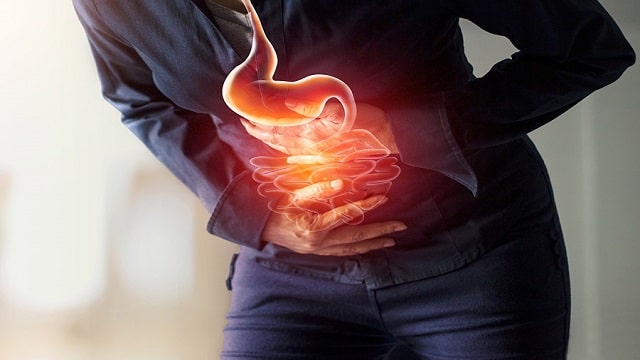Auto brewery syndrome or intestinal fermentation syndrome is called drunkenness. This rare condition makes sufferers feel drunk without drinking alcohol. This condition occurs when the body converts foods with sugar and starch content into alcohol.
Symptoms of Auto Brewery Syndrome
The symptoms that appear in people with autobrewery syndrome are:
- Red facial skin.
- Dizzy.
- Nausea and vomiting.
- Dehydration.
- Dry mouth.
- Burp.
- Fatigue.
- Mood swings.
Auto brewery syndrome can also cause or worsen other health conditions, such as:
- Chronic fatigue syndrome.
- Irritable bowel syndrome.
- Depression and anxiety.
Causes of Auto Brewery Syndrome
People with this disease are related to processing alcohol (ethanol) from carbohydrates in food. This process occurs in the intestines. The hangover effect is triggered by too much yeast or fungus in the intestines.
There are several types of yeast that cause a ‘drunk’ effect, namely:
- Candida albican
- Candida glabrata
- Torulopsis glabrata
- Candida Cruciferae
- Candida Kefir
- Saccharomyces cerevisiae
Risk Factors for Auto Brewery Syndrome
Both adults and children can experience the disorder. This disease is usually a complication of another disease, imbalance, or exposure to infection in the body that is not realized.
There are several triggers, namely:
- Too much yeast in the gut due to Crohn’s disease. This disorder is an inflammation of the lining of the digestive system.
- Having liver problems. This condition causes the organ to be unable to clear the alcohol content from carbohydrates in food.
- Having short bowel syndrome. Children who consume too much sugar in drinks are at risk of developing auto-brewery syndrome.
- Other medical conditions. These include malnutrition, taking antibiotics, and having a weak immune system.
Diagnosis of Auto Brewery Syndrome
There is no specific test that can be done to diagnose this disease. This disorder has only recently been discovered, so further research is needed. Detecting the symptoms alone is not enough to diagnose the disease.
First, your doctor will perform a stool test to determine the amount of fungus in your intestines. This involves sending a stool sample to a lab for testing.
Another related test is the glucose challenge test. Sufferers will be given glucose (sugar) capsules. They should not eat or drink for several hours before and after taking the capsules.
After one hour, the doctor will check the blood alcohol level. If you do not have auto-brewery syndrome, the blood alcohol level is zero. However, if the level ranges from 1.0 to 70 mg/dL (milligrams per deciliter), this can be an indication of the disease.
Auto Brewery Syndrome Treatment
Changing your lifestyle to a healthier one is one way to overcome this disease. Sufferers are advised to limit their carbohydrate intake from their daily diet.
If you have Crohn’s disease, your doctor will prescribe antifungal medications. These medications work to eliminate the yeast infection that is causing the problem in your intestines. People take the medication for three weeks or more.
The types of drugs recommended are:
- Fluconazole.
- Nystatin.
- Antifungal chemotherapy.
- Acidophilus tablets.
Also, avoid sweet foods and carbohydrate intake from:
- Corn syrup.
- White bread and pasta.
- White rice.
- Flour.
- Potato chips.
- Biscuits.
- Sweet drink.
- Fruit juice.
Sufferers also need to avoid added sugars found in packaged foods, such as:
- Glucose.
- Fructose.
- Dextrose.
- Maltose.
- Levulose.
Complications of Auto Brewery Syndrome
As the disease progresses, sufferers are at risk of developing intestinal fermentation syndrome which can trigger several side effects. Among them are dizziness, dry mouth, belching, chronic fatigue syndrome, and irritable bowel syndrome.
Prevention of Auto Brewery Syndrome
One of the effective preventive measures is to avoid triggers. Sufferers also need to limit their intake of carbohydrates and sweet foods to prevent the emergence of symptoms and the development of the disease.
When to see a doctor?
It is recommended to immediately check yourself if you experience the symptoms mentioned above. For more details, please ask your doctor regarding the disease and the signs experienced.

